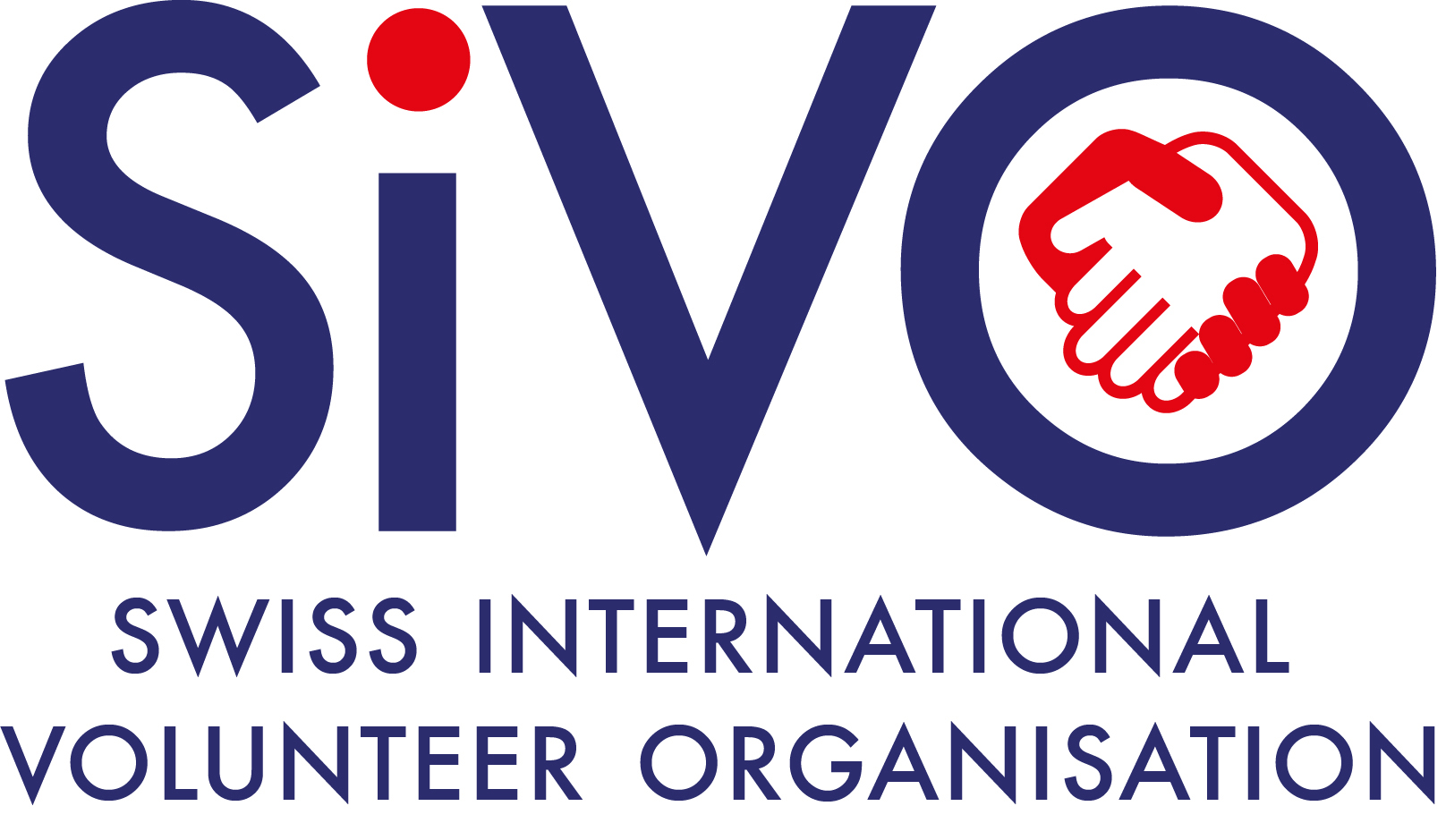By Sara Bresnahan
SIVO Team
Edited by Lucy Ferguson
October, 2018
The Connections We Make: Making a Case for Formal Mentoring
In our professional careers, many have heard the saying “it’s all about who you know.” We may all be able to identify easily those who, throughout our education and professional years, have provided informal mentoring to guide us. Informal mentoring, as defined in the Journal of Leadership,“ is a natural component of relationships that occur throughout society, in the workplace, as well as in social, professional and family activities. Informal mentoring occurs in a relationship between two people where one gains insight, knowledge, wisdom, friendship, and support from the other” (p. 31). In contrast, formal mentoring includes a programme and process for mentoring to take place. The SIVO- (Strategic International Volunteer Organisation) JIFF (Job Integration for Foreigners) Mentoring Programme for Professionals was developed with the goal of facilitating the integration of qualified international professionals into the job market in Switzerland. The programme goals for mentor-mentee pairs include knowledge and skill attainment, advice and guidance, job and career development, and sharing of experiences. Now in its second cohort of mentor-mentee pairs, there has been a realisation that some professionals may hesitate to enter a structured mentoring programme. In many ways, this makes sense, as people are more likely to engage in relationships that occur naturally and within their comfort zone. Informal mentoring more closely matches this level of comfort. However, researchers and feedback from our programme participants appear to support formal mentoring as worth the commitment. Wanberg, Welsh, and Hezlett (2003) described formal mentoring as “the most intense and powerful one-on-one developmental relationship” (p. 41). During this reciprocal process, both mentors and mentees are said to benefit (Chao, 2009). A vital part of a mentoring relationship is finding a successful match. “If partners do not perceive a match, there is no mentoring” (Chao, 2009). In the SIVO-JIFF Mentoring Programme, interested mentors fill out a form expressing their areas of expertise. Mentees submit a letter of interest that outlines their career experience and professional areas that they want to develop. The SIVO-JIFF team then provides support in matching pairs and set up an initial meeting. Changing careers, returning to work after a career break, or moving to a new country (all three at the same time for some), can be incredibly stressful. Through entering into a formal mentoring programme, you can receive support and guidance from someone who may have walked a similar path. Recent feedback from a mentee who has completed the programme included eight positive changes that they recognised since joining and completing the programme. The main takeaways were that having a mentor helped this person to set goals, be accountable, and find creative ways to network and build upon their skill set.
Comments are closed.


